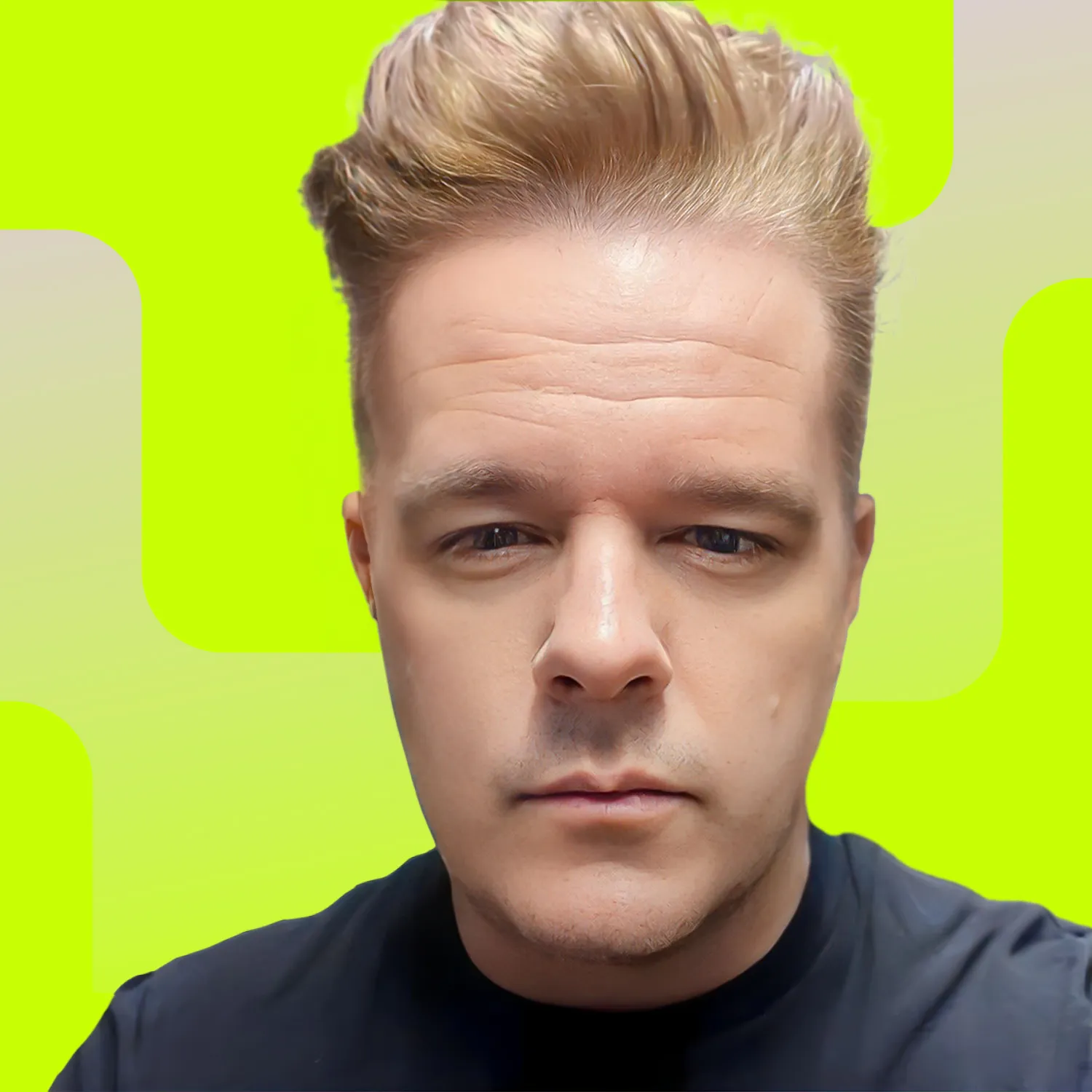Palo Alto-based biotech startup Inceptive has raised $100 million to develop unique vaccine proteins using artificial intelligence (AI). The company hopes to replicate the success of messenger-RNA (mRNA) drugs similar to the vaccines used to fight COVID-19.
The company’s CEO, Jakob Uszkoreit, a former Google senior staff software engineer who pioneered work on large-language models, says the company will license new proteins its AI develops for clinical trials. There are already 310 pilots occupying the continuum from pre-clinical to clinical trials.
Inceptive Wants Proteins Designed by AI Algorithms to Instruct Human Body Cells
According to Uszkoreit, the new drugs will instruct cells in the human body to execute instructions similar to how a computer runs code. By the decade’s end, there will be about 700 mRNA-based drugs.
“We want to maximize the positive impact of this type of work in AI,” Uszkoreit said.
The CEO’s time at Google involved developing machine-learning tools to understand natural language. His work helped Google’s DeepMind create an algorithm to predict the structure of almost every known protein.
Proteins are chains of chemical compounds called amino acids that twist into shapes depending on their purpose. The human body naturally produces around 20,000 proteins for, among other things, digesting food and transporting oxygen.

Read here about how novel products are using AI automation to streamline workflows.
Inceptive has the backing of Silicon Valley venture capitalists (VCs) Andreessen Horowitz and Nvidia Corporation’s venture capital arm, NVentures. The latter invested $50 million in another drug discovery company, Recursion Pharmaceuticals, based in Utah.
Inceptive’s deal with Nvidia will give the chipmaker an equity stake and avail its cutting-edge tools to the Palo Alto-based startup company. Other notable firms in the AI-biotech space include Insilico, a company in the mid-stage clinical trial of an AI-synthesized treatment for lung disease in late June.
I-Biotech Investment Signals a Shift in VC Spending
The entrance of big-tech venture capitalists into pharma marks a notable shift in the flow of VC money. Earlier this year, Morgan Stanley predicted a $50 billion opportunity for AI in Big Pharma.
AI is also making its way into the finance industry. Find out how here.
But the industry is far from being a sure bet. In May, Benevolent AI, a London-based biotech startup, said it would lay off 180 staff after its main drug candidate failed.
Critics have also warned the technology is overhyped. Moreover, regulators like the US Federal Drug Administration have yet to approve a single AI-designed drug.
Got something to say about the development of AI-generated proteins and drugs by Inceptive or anything else? Write to us or join the discussion on our Telegram channel. You can also catch us on TikTok, Facebook, or X (Twitter).
Disclaimer
In adherence to the Trust Project guidelines, BeInCrypto is committed to unbiased, transparent reporting. This news article aims to provide accurate, timely information. However, readers are advised to verify facts independently and consult with a professional before making any decisions based on this content. Please note that our Terms and Conditions, Privacy Policy, and Disclaimers have been updated.


